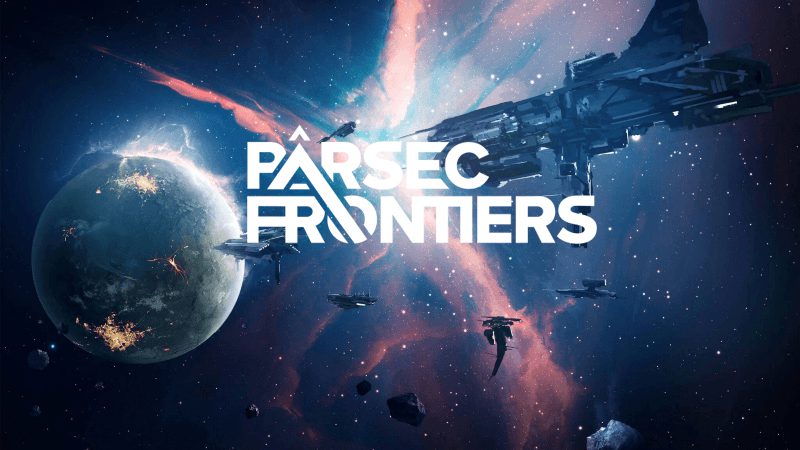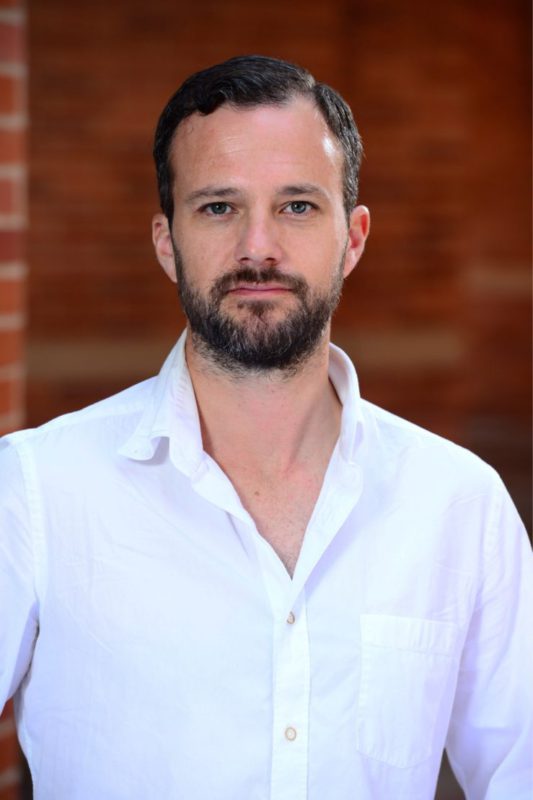In Conversation with Gregory Klumov CEO of Stasis
We had pleasure interviewing Gregory Klumov, CEO at Stasis. He is an innovative, research-driven investment management leader with a career built around leading teams and managing unique, multi-million-dollar portfolios on behalf of global funds and private investors.
Can you tell us what inspired you to pursue this career path? What do you want others to take from your story?
There is a saying I adore: “A result is a number of attempts.” When I was managing institutional capital back in the days, I noticed that many projects had been losing significant amounts of capital over and over again. It was the ones that kept on going and didn’t allow failures to stop them, which ultimately reached their goals. The truth is that it takes a lot of attempts before one can succeed. I want my story to inspire others not to quit until they had tried multiple times to reach their goal.
Could you tell us about any of the interesting projects that you are working on currently?
My main interest at the moment is STASIS – a world-class cryptocurrency project I founded that spearheads the stablecoins market by issuing the most widely used Euro-backed (EURS) stablecoins. The project is fully dedicated to my goal, which is to create an electronic money 2.0 solution to compete with the U.S. dollar globally.
Is there a particular person who you would like to credit with helping you get to where you are? Can you share an anecdote about that?
Back in 2012, a friend of mine from one of the hedge funds invited me to a private conference in New York. After a heated panel discussion between Stanley Druckenmiller and Paul Tudor Jones, I asked them some questions about the state of the American economy. Later during the break, Paul approached me, we shook hands, and he introduced himself very officially, by saying “I’m Paul Tudor Jones the Second,” possibly thinking that I am a major investor. Right there, I realized that even legendary investors and people who I admired greatly are just humans at the end of the day, and they are not invincible from making basic mistakes.
What are the five things that you think are most fascinating about blockchain and crypto? Why?
I’m excited about the disruption of clearing, custody, and settlement services. These processes have historically been oligopolies and are now disrupted by the blockchain technology. People need to understand the implications of these services, which are often taken for granted. Blockchain allows us to quantify trust and make these services more accessible to the world in a fair way.
The next thing I get excited about is the opportunity to create an asset of the totally predictable inflation rate, which is a highly undervalued feature. All fiat currencies, including gold, cannot exist without inflation.
And the last thing is an ability to experiment with various business models to create startups, companies, and projects, which had been impossible to implement before.
What are the 5 things that concern you about blockchain and crypto? Why?
- Monopolized market: Due to the natural disruption of oligopolies who feel their business might be hurt, these powerhouses try to apply all the resources they have to stop this innovative technology from spreading.
- Expertise intersection: A requirement to have multiple expertise to understand and navigate the space: Finance and IT. It’s very rare for individuals to have both these days. Most people have a hard time understanding what this technology provides and how it benefits them.
- Use of this technology for illicit activities and bad actors: space can be used by people who want to capture large profits and substantial gains in the short term through unlawful activities. Every industry has examples like this. Still, with the accessibility of the Internet, the problem became widespread and created a negative global image of the industry, raising one of the main concerns.
- Scalability: The question of scalability is still unclear but remains a major concern and issue. Market tech is still not ready to offer viable solutions just yet.
- Lack of funding: Funding is one of the main reasons why many companies pause or quit their projects because the solutions and regulations are just not there yet. The majority of the companies that create better solutions will eventually have to fold and switch to other industries due to a lack of proper financing.
How have you used your success to bring positive change to the world? Can you share a story?
I’ve used my work experience in IT, vast financial knowledge and background to establish STASIS – a global market project in the crypto industry, which is not just created to provide a top-notch solution in an emerging niche stablecoin market, but to eventually play a part in creating the second generation of e-money. The introduction and establishment of e-money 2.0 will simplify access to the financial system because one would just need an internet-enabled smartphone to be paid and to pay in crypto euro.
What are the 3 things that you would advise someone who aspires to emulate your career? Can you share an example of each idea?
- Get a solid education. I’m not talking about a particular field of study – most of the people do not know what they want to do in life at all. This is about developing an ability to study new things and process significant amounts of information in a short period – this is a distinctive skill of anyone who hopes to become a successful person in the future.
- Find a mentor: a person to look up to and learn vital things from.
- Don’t be afraid to make mistakes. Everyone does them – what does matter is how you deal with the defeat and how fast you stand up after a fall.
What is the one “Life Lesson Quote” that you stand by? Can you tell us how that had relevance to your own life?
“A little progress each day adds up to big results.” This describes my attitude to many things.
Who would be one person in the world that you would love to have a private breakfast or lunch with, and why?
Satoshi Nakamoto is a perfect person that I would go to a private lunch with, as I’m very curious about his life experiences and hardships. I’m also interested in his previous tech experiments and how he eventually ended up with such a particular product – the Bitcoin blockchain, at the exact right time in 2009, when the British banks were failing. It’s pretty clear that he was inspired by all the same reasons as me when I initially joined this space. Moreover, I would love to understand his attitude towards those events, get his thoughts on financial markets, and the way risks are calculated there.
Where can our readers find you on social media?
Sure, you can get in touch with me on these social networks:
LinkedIn: https://www.linkedin.com/in/kknop/
Telegram: https://t.me/stasis_community
Stay informed with daily updates from Blockchain Magazine on Google News. Click here to follow us and mark as favorite: [Blockchain Magazine on Google News].
Get Blockchain Insights In Inbox
Stay ahead of the curve with expert analysis and market updates.
latest from tech
Disclaimer: Any post shared by a third-party agency are sponsored and Blockchain Magazine has no views on any such posts. The views and opinions expressed in this post are those of the clients and do not necessarily reflect the official policy or position of Blockchain Magazine. The information provided in this post is for informational purposes only and should not be considered as financial, investment, or professional advice. Blockchain Magazine does not endorse or promote any specific products, services, or companies mentioned in this posts. Readers are encouraged to conduct their own research and consult with a qualified professional before making any financial decisions. The featured image used is just a creative depiction of the title and it does not intend to hurt sentiments of any person or institution. If it hurts anyone sentiments, please do not hesitate to reach out to Blockchain Magazine.

 Bitcoin
Bitcoin  Ethereum
Ethereum  XRP
XRP  Tether
Tether  Solana
Solana  USDC
USDC  Dogecoin
Dogecoin  Cardano
Cardano  Lido Staked Ether
Lido Staked Ether  TRON
TRON  Chainlink
Chainlink  Avalanche
Avalanche  Wrapped Bitcoin
Wrapped Bitcoin  Wrapped stETH
Wrapped stETH  Stellar
Stellar  Sui
Sui  Toncoin
Toncoin  Hedera
Hedera  Shiba Inu
Shiba Inu  Litecoin
Litecoin  WETH
WETH  Polkadot
Polkadot  LEO Token
LEO Token  Hyperliquid
Hyperliquid  Bitcoin Cash
Bitcoin Cash  Bitget Token
Bitget Token  Uniswap
Uniswap  USDS
USDS  Wrapped eETH
Wrapped eETH  Ethena USDe
Ethena USDe  NEAR Protocol
NEAR Protocol  Pepe
Pepe  MANTRA
MANTRA  Official Trump
Official Trump  Ondo
Ondo  Aave
Aave  Aptos
Aptos  Internet Computer
Internet Computer  Monero
Monero  WhiteBIT Coin
WhiteBIT Coin  Mantle
Mantle  Ethereum Classic
Ethereum Classic  Bittensor
Bittensor  Cronos
Cronos  Dai
Dai  POL (ex-MATIC)
POL (ex-MATIC)  OKB
OKB 




